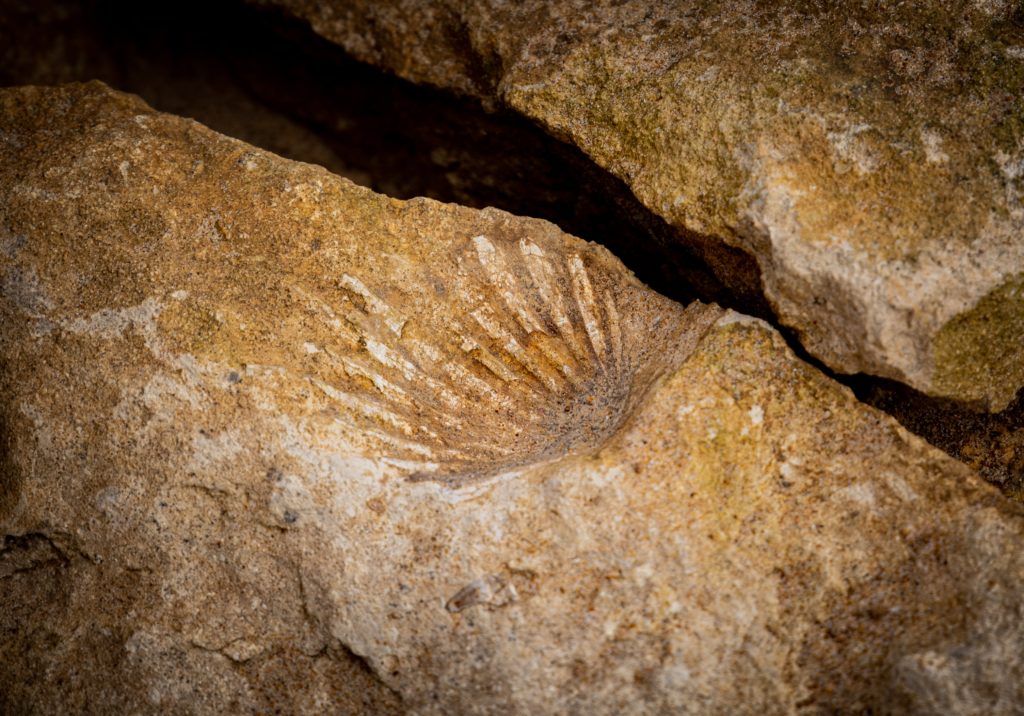Camping provides a unique opportunity to connect with nature, explore the great outdoors, and sometimes stumble upon fascinating remnants of Earth’s history – fossils. The idea of bringing home a piece of prehistoric life can be tempting, but before you start packing fossils in your backpack, it’s essential to consider the ethical and legal implications of fossil collecting.
Understanding Fossil Regulations:
Fossil collection is subject to specific regulations that vary from region to region. In many places, removing fossils from public lands, national parks, or protected areas is strictly prohibited. Violating these regulations can result in fines and damage to sensitive ecosystems. Before you embark on a camping trip with fossil hunting in mind, familiarize yourself with the rules and regulations of the area you plan to visit. Check with local authorities, park rangers, or online resources to ensure you’re aware of any restrictions.
Leave No Trace:
One of the fundamental principles of responsible outdoor recreation is leaving no trace. This principle extends to the collection of fossils. Even if you are in an area where collecting fossils is permitted, it’s crucial to follow ethical guidelines. Take only pictures, leave only footprints, and avoid disturbing the natural environment. Removing fossils can disrupt ecosystems and disturb the delicate balance of nature. Instead, document your findings through photography and share your discoveries with others who may appreciate them.
Scientific Importance:
Fossils are valuable scientific artifacts that contribute to our understanding of Earth’s history. When left undisturbed in their natural environment, fossils provide scientists with critical information about past life forms, climate, and geological conditions. By leaving fossils in place, you contribute to the preservation of valuable data that can enhance our collective knowledge of the natural world.
Educational Opportunities:
Rather than taking fossils home, consider using your discoveries as opportunities for education and inspiration. Take note of the location and characteristics of the fossils you find, and share this information with local educational institutions, museums, or paleontology groups. Many organizations may be interested in the data you collect, and you can contribute to ongoing research and educational programs without removing the fossils from their natural habitat.
Conclusion:
While the thrill of discovering a fossil during a camping trip is undeniable, it’s essential to approach fossil collecting with a sense of responsibility. Adhering to local regulations, practicing Leave No Trace principles, and recognizing the scientific and educational value of fossils in their natural environment ensures that future generations can also enjoy the wonders of Earth’s history. So, next time you find a fossil while camping, take a moment to appreciate it, photograph it, and leave it where it belongs – a testament to the rich history of our planet.

